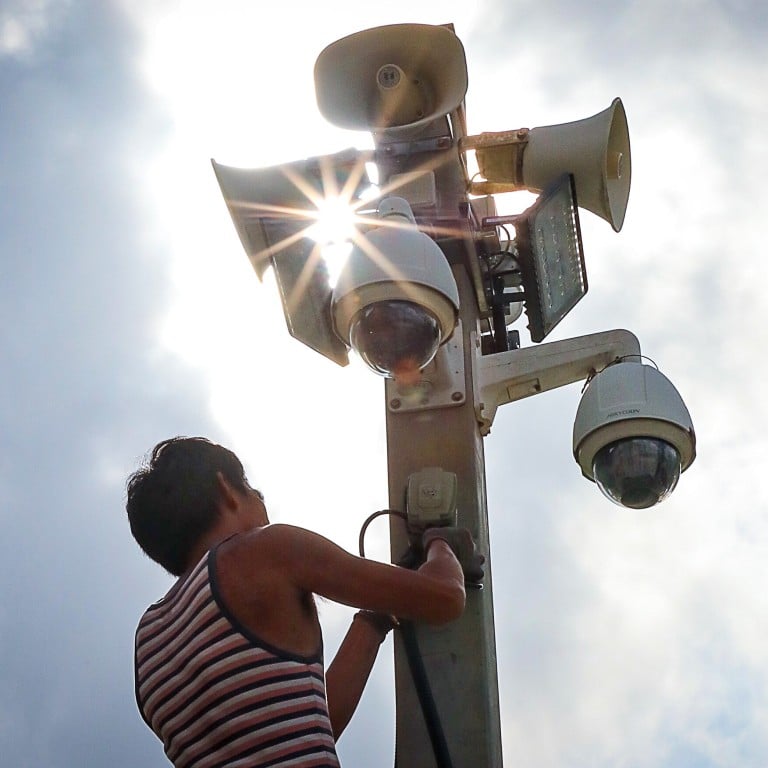
Hong Kong police to install 15 CCTV camera sets in Mong Kok in March, 600 more across city by midyear
- Police are planning to install surveillance cameras in high-crime public areas across city’s 18 districts to ensure public security
- Force says CCTV cameras can have a significant deterrent effect on violent street crimes
Police will install 15 sets of surveillance cameras in Hong Kong’s busy Mong Kok district next month, the first phase of a plan to place more than 600 devices in crime hotspots by midyear for public safety purposes.
In a paper submitted to the Legislative Council, the Security Bureau and police unveiled details of their plan to install CCTV cameras in public areas with high crime rates and pedestrian flows across the city’s 18 districts to ensure public security and boost crime prevention and detection.

“The installation of CCTV cameras in public places has been particularly effective in preventing crime,” the paper said, adding the devices could have a significant deterrent effect on violent and serious street crimes.
“In addition, when a crime occurs, CCTV footage can provide more clues to assist police in investigating the case and bringing the culprits to justice.”
According to the paper, CCTV cameras will be installed in 615 locations citywide, including in government buildings and on conventional and smart lamp posts.
“Among them, the Hong Kong Police Force plans to install 15 sets of CCTV cameras in Mong Kok in March 2024 for testing the technicality, and then formally launch the installation programme involving the remaining 600 sets of CCTV cameras in mid-2024 after optimisation of the operation,” it added.
The paper did not give further details on the exact locations of the cameras.
Hong Kong police chief Raymond Siu backs plan to install 2,000 CCTV cameras
It said CCTV footage would be automatically deleted after 30 days from the recording date. But law enforcement officers would keep recordings deemed useful in crime investigations.
It added that “at this stage”, CCTV cameras did not have a tracking function, noting the operating procedures of the devices would also comply with the requirements of the Personal Data (Privacy) Ordinance.
The paper also noted mainland China and overseas countries, such as Australia, the United Kingdom, Germany, Japan and Singapore, relied on CCTV surveillance.
“Law enforcement agencies on the mainland, the Macau Special Administrative Region and other countries … have installed CCTV cameras in public places to assist law enforcement,” it said.
Chan Siu-tong, a member of Yau Tsim Mong District Council, said he supported the installation of CCTV cameras in some crime hotspots in Mong Kok, adding they could help in investigations.
He also said people were used to CCTV cameras and even made them feel safer, stressing the devices were very common almost everywhere.
“Surveillance cameras have been installed in almost all vehicles and recordings can prove who is right and wrong in accidents,” he added.
Chan also said the cameras would not affect residents as they would only target entrances and street views but not homes.

